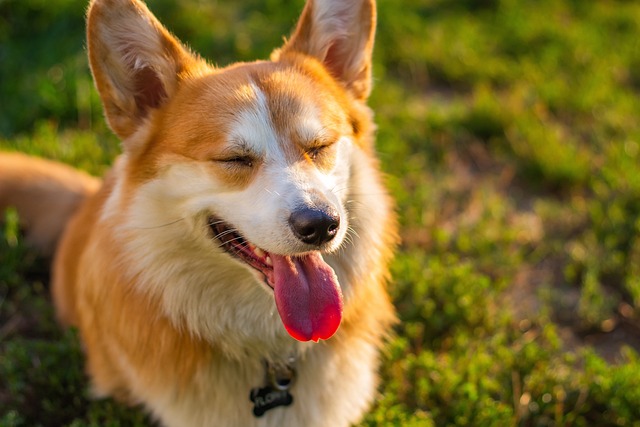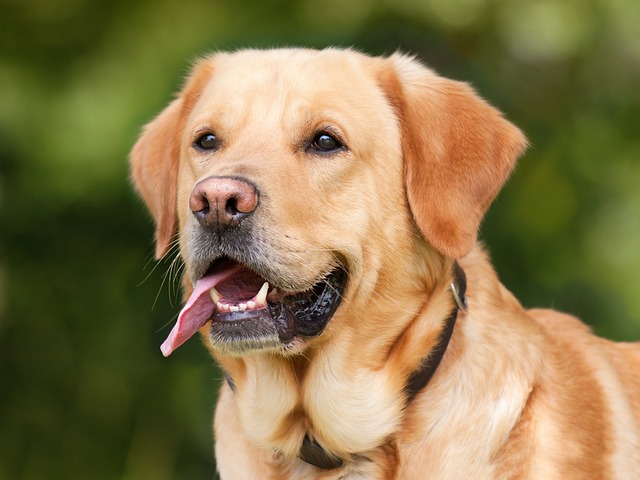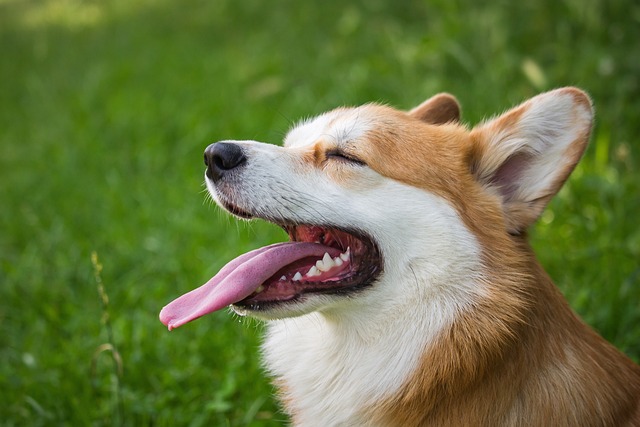
What is the best thing for dogs to chew on to clean teeth
If you’ve ever wrestled with a squirming pup to brush their teeth—only to end up with slobber on your shirt and a toothbrush chewed to bits
How can you tell if kennel cough is getting better? For new dog owners in the US, watching your pup battle that harsh, hacking cough can be stressful—wondering if they’re on the mend or if things might get worse. The good news is that most dogs recover from kennel cough with time, and there are clear signs that let you know their body is winning the fight against the infection.
From a veterinary standpoint, kennel cough recovery happens as your dog’s immune system fights off the bacteria or viruses causing the irritation in their trachea (windpipe). As inflammation decreases, the urge to cough lessens because the airway is no longer being constantly irritated. This process usually takes 1–2 weeks in healthy adult dogs, but watching for specific improvements helps you gauge progress.
The first sign of improvement is a change in the cough itself. Instead of frequent, violent “goose honk” fits, the cough becomes less frequent and less intense. A dog that once coughed every time they moved might now only cough occasionally, especially when excited or after eating. You’ll also notice the cough sounds wetter or softer, not the dry, harsh hack that characterized the peak of the illness.
Next, check their energy and appetite. Sick dogs often lose interest in food and play, but as they recover, you’ll see them perking up—maybe wagging their tail at mealtime or nudging their toy for a gentle game. They’ll start drinking more water regularly, which is crucial for staying hydrated. Other symptoms like a runny nose or watery eyes will clear up, and they’ll stop sneezing as much. A sure sign is them returning to their normal routine: napping in their favorite spot, greeting you at the door, or wanting short walks again (though keep activity calm until fully better).

Practical monitoring tips include keeping a daily log: note how many times they cough, if they finish their meals, and their energy level. If improvement stalls after 10 days—like the cough stays the same or they stop eating again—call your vet. They might adjust treatment, like adding antibiotics if a bacterial infection lingers. At home, continue providing a quiet space, using a humidifier if air is dry, and avoiding smoke or strong scents that irritate airways.
In the US, responsible care ties to legal and cultural norms. Keep your dog current on mandatory rabies vaccines, required in all states, to support their immune system. When walking (once recovered), always carry waste bags—cities like Chicago fines owners $500 for uncollected waste, and good hygiene stops germ spread. Culturally, never scold a recovering dog for occasional coughing; it’s part of healing. Use positive reinforcement for calm behavior, like praise when they rest quietly, to reduce stress.
For apartment dwellers, a quieter cough means less disturbance to neighbors—you’ll know they’re better when the hacking stops keeping you both up at night. In communities, wait until coughing stops entirely before returning to dog parks, respecting other pets’ health.
Remember, steady improvement in cough, energy, and appetite means your dog is on the road to recovery. With patience, they’ll be back to their playful selves soon.

If you’ve ever wrestled with a squirming pup to brush their teeth—only to end up with slobber on your shirt and a toothbrush chewed to bits

That faint whiff of fishy breath when your Golden Retriever greets you isn't just "dog smell" – it's likely the first clue to canine periodontal disease

Ever felt that sinking worry when your energetic Labrador suddenly loses its appetite or starts a persistent belly rumble?Regular deworming isn't just a checkbox on a pet care list—it's a vital shield protecting your furry best friend from hidden health t

Watching your dog pant heavily on a hot day, or noticing their nose is dry and their eyes look sunken, can send a wave of panic through any new pet owner.

Cooking homemade meals for your dog feels like an act of love—chopping fresh veggies, simmering lean meat, knowing exactly what’s in their bowl.

Picture this: You're scrambling to get ready for work, your golden retriever nudges your hand, and your daily multivitamin tumbles onto the kitchen floor.